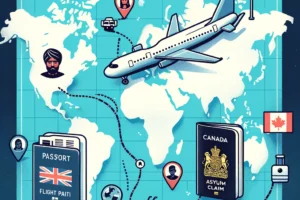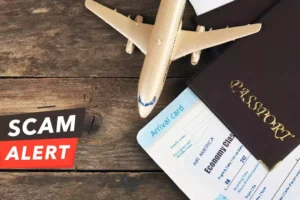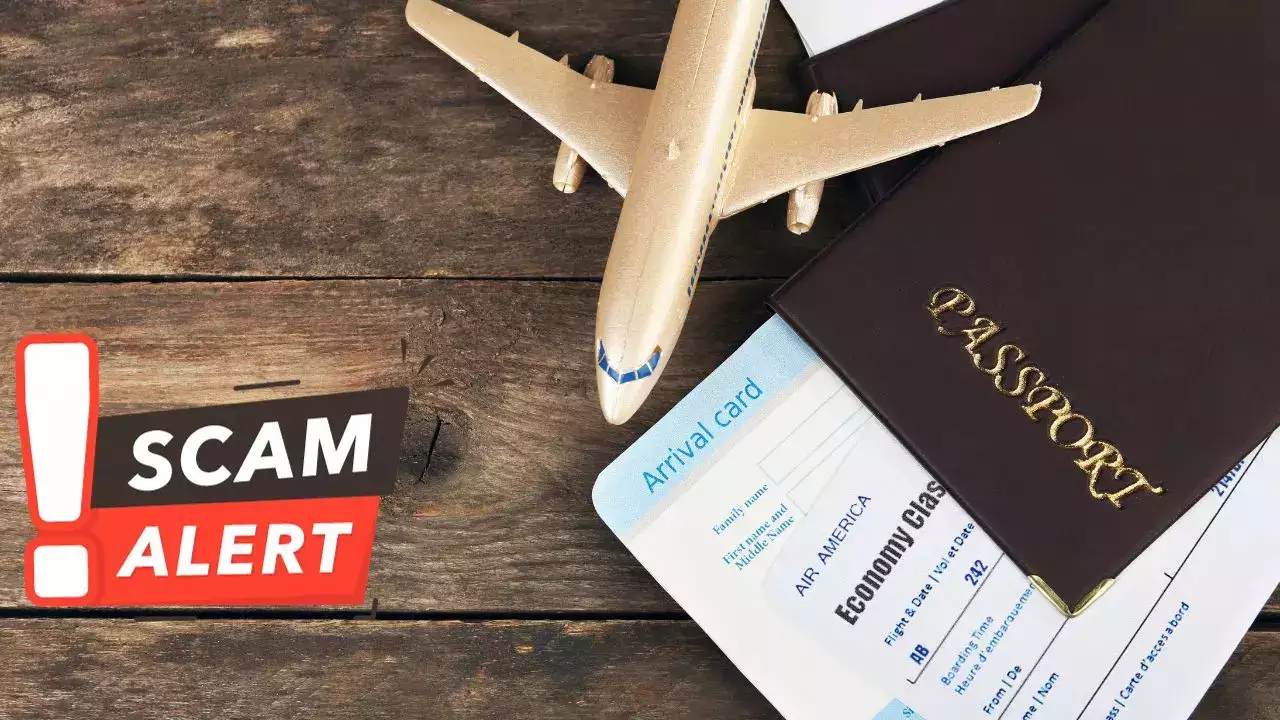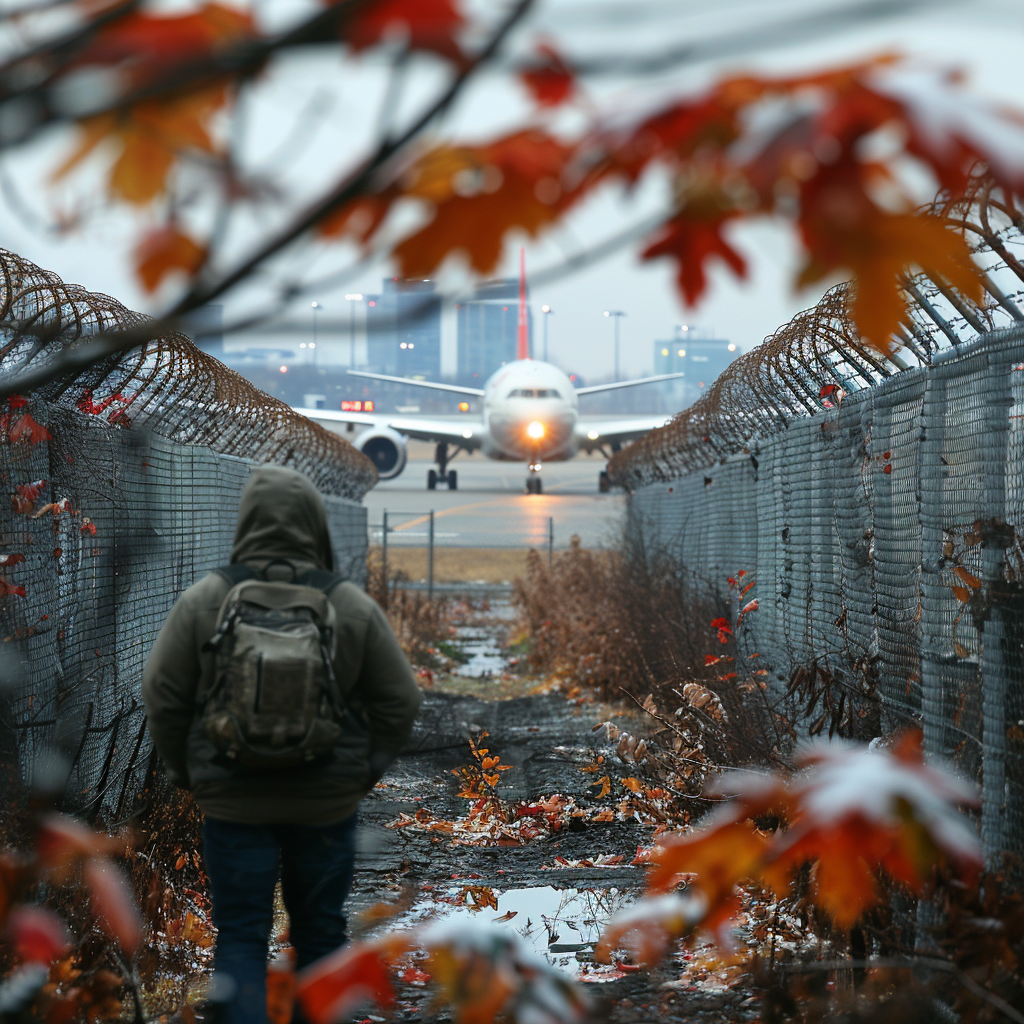Utilizing a booking loophole, exploiting traveler confusion, and enticing with pledges of incredibly inexpensive tickets, scammers present enticing deals that often fall short of expectations.
How can you verify the authenticity of your plane ticket?
Simply confirming its validity on the airline’s website may not be foolproof. Beware, as scammers exploit a relatively unknown but long-standing technicality in the airline reservation system to deceive individuals and swindle them out of their money.
Air Travel Scam Alert: Mevonnie Ferguson’s £994 Loss to Infinity Global Travel Impersonator
Mevonnie Ferguson, residing in Kent, UK, reported a scam where she lost £994 ($1,267) to an individual posing as an employee of Infinity Global Travel. As a single working mother of two daughters, Ferguson claimed to have purchased what seemed to be a legitimate British Airways ticket for a flight from London to Kingston, Jamaica. Initially, when she checked the reservation on BA’s website using the confirmation number and her last name, it appeared valid. However, approximately two weeks after acquiring the ticket from Infinity Global Travel, and just days before her scheduled departure, the reservation mysteriously vanished from BA’s website without a trace.
Ferguson, who shared her ordeal with the UK’s Channel 5, reached out to the airline and detailed her predicament, only to be informed that there were no flights booked under her name. Due to her not being the direct party responsible for booking the reservation with the airline, BA withheld information from Ferguson. Following persistent efforts, the BA representative eventually disclosed that, despite the correct reservation code, there was no record of an associated e-ticket number.
Ferguson’s attempts to secure a refund from the alleged travel agent have proven futile, as the agent has neither returned her money nor acknowledged subsequent calls and emails. While a BA spokesperson requested additional details from WIRED to facilitate an investigation, there was no other response to the request for comment. This issue is not exclusive to British Airways or any specific airline; instead, it reflects an intentional vulnerability in the air travel industry’s reservation process that scammers exploit.
Ways to steer clear of fraudulent flight-booking websites:
1.Scrutinize the URL of the website where you plan to book your tickets. Examine the domain name for correct spelling and watch out for signs of a fake site, such as spelling errors or poor design. Additionally, perform a Google search to find the official website of the legitimate company.
2. If you’re unfamiliar with the travel agency or booking site, conduct thorough research or visit the Better Business Bureau website (www.bbb.org) for additional information.
3.Ensure the website’s security by checking the padlock icon to the left of the URL in your browser. Confirm the presence of a valid security certificate issued to the company you believe you are booking with.
For more information:
https://www.wired.com/story/plane-ticket-booking-hold-scam/










